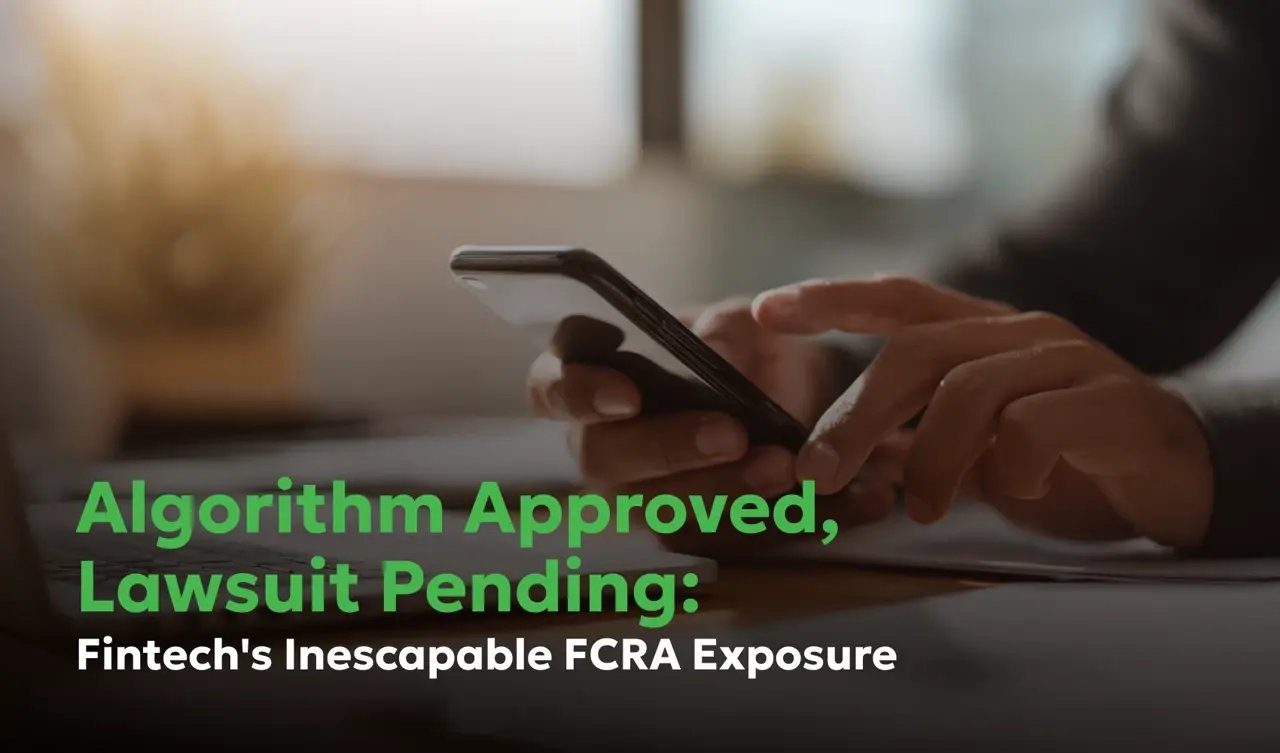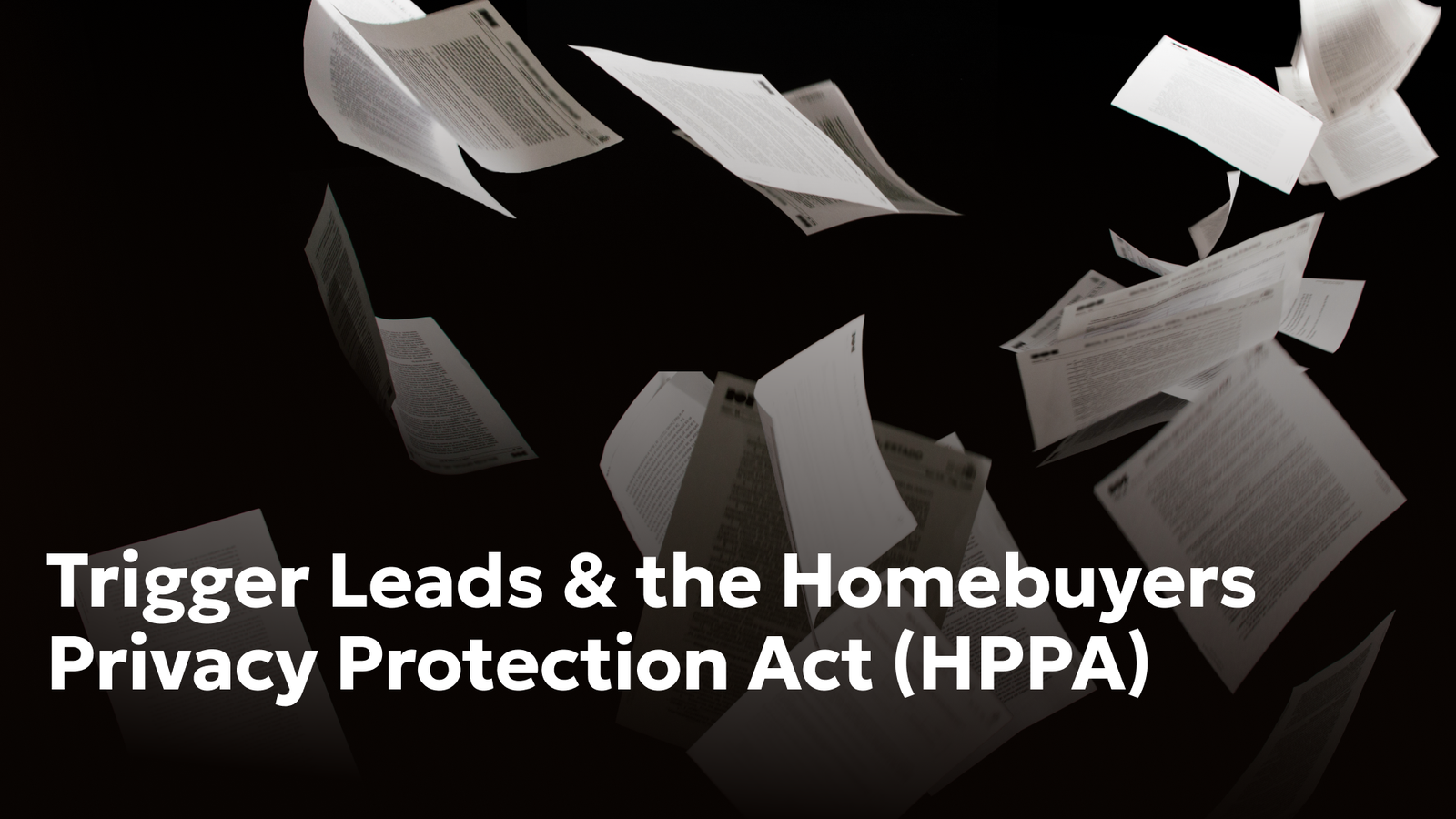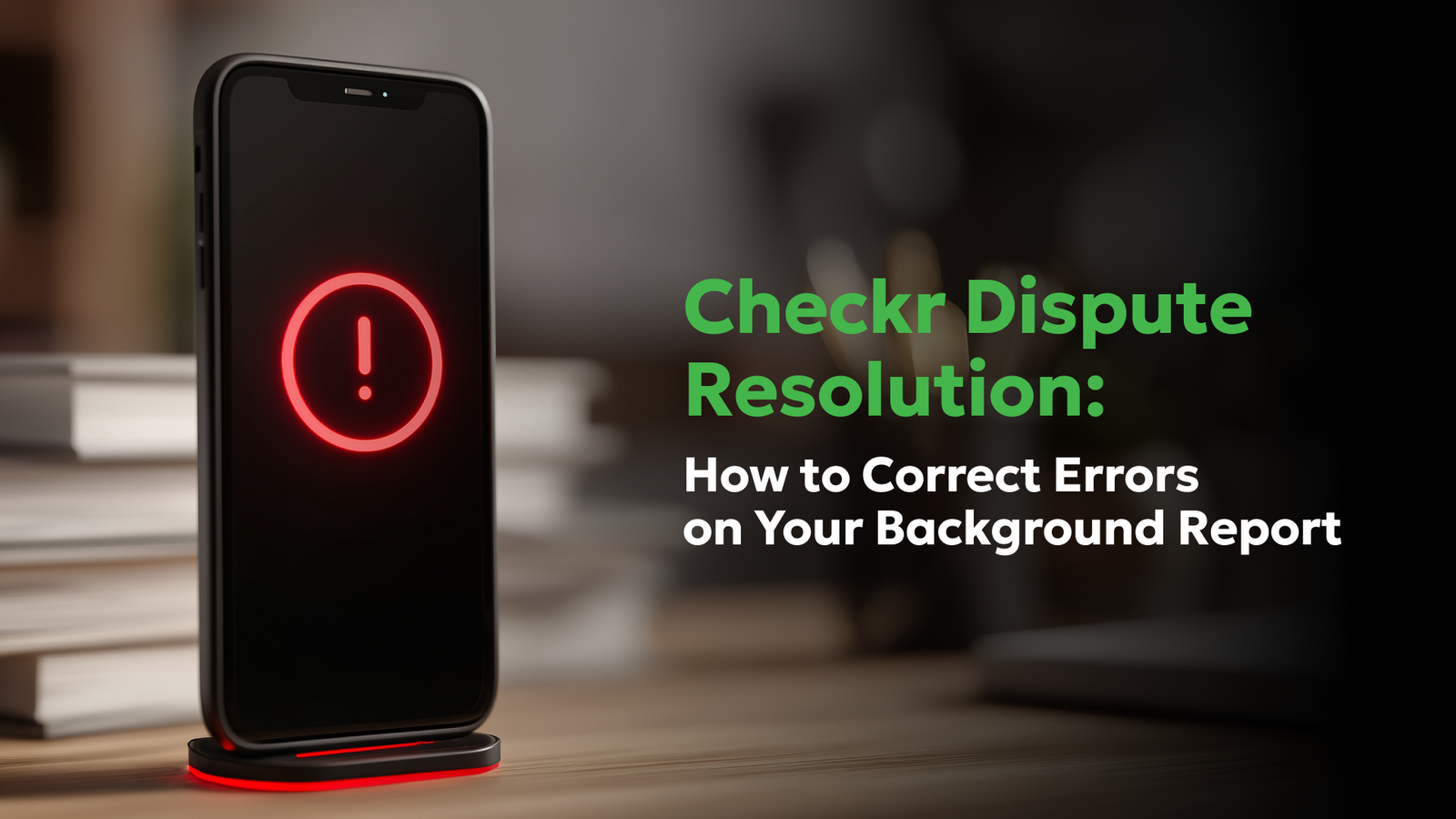What’s the Difference Between a Freeze and an Alert?
- Blog
- All about FCRA
What’s the Difference Between a Freeze and an Alert?

While both offer credit protection, a fraud alert and a credit freeze are not the same. We help you pick the right one.
Consumer Attorneys’ whole practice is helping those who have been mistreated by credit reporting companies. They also like helping people protect their credit before something goes awry. Here, our credit protection attorneys look at two methods of credit protection - the fraud alert and the credit freeze - so you can decide which one might be right for you.
Consumers have to protect their credit information. With identity thieves and cyber criminals becoming more and more sophisticated every day, this means that consumers in some circumstances must take extra measures to protect their credit information.
As consumer lawyers, the lawyers at Consumer Attorneys see firsthand the chaos that identity theft and credit fraud in the credit reporting arena can create in a person’s life and the damage that each can do to a person’s financial well-being. We are proud to represent our clients when things go wrong. But we also love when we can help our clients prevent things from going wrong. Understanding and utilizing tools like the credit freeze and the fraud alert can be your first defense.
What's the difference between a freeze and an alert? While both are security measures designed to prevent identity thieves and cyber criminals from accessing your credit report and fraudulently opening new credit in your name, and while both are free to the consumer, there are some significant differences.
Highlights
- Credit Freeze. This is one of the strongest credit security tools. A credit freeze completely and totally locks down your credit report, prohibiting almost everyone from accessing it without your express permission.
- Fraud Alert. This is a precautionary measure for credit security. A fraud alert allows potential creditors to access your credit report but only after they take a few extra steps to verify your identity before they do.
If you are deciding between the two, you should assess your specific needs and your specific circumstances and the emphasis you place on security versus convenience. Understanding these tools can significantly enhance your financial security and peace of mind.
What is a Security Freeze?
A security freeze, more often referred to as a “credit freeze,” completely blocks all access to your credit report for everyone (though there are a few exceptions we will discuss later on in this article) making it nearly impossible for an identity thief or a cyber-criminal to open any new credit in your name. When your credit report is frozen, potential lenders, banks, credit card companies, landlords, and anyone else who might want to check your credit will be unable to do so.
If the security is so strong why isn’t a credit freeze the clear choice for what you should do to take extra precautions in protecting your credit? A credit freeze requires a consumer to take extra steps to “unfreeze” it. For many, the extra steps required to unfreeze their credit make it non-viable.
How Can I Initiate a Security Freeze on My Credit Reports?
- Contact the three major credit reporting agencies.
- Verify your identity.
- Follow each bureau’s specific process to initiate the freeze.
- Write down the PIN each credit bureau gives you to unlock the credit freeze.
When to Unfreeze Your Credit
Because you may need to lift a credit freeze temporarily, the credit bureaus will give you a PIN or password when you initiate the freeze. You can usually temporarily lift or unfreeze your credit online or over the phone. Follow the instructions or prompts and provide the PIN that each credit reporting agency gave you. Your credit should be unfrozen in less than a day.
What is a Fraud Alert?
A fraud alert is a security mechanism that the credit reporting agencies assign to your credit report. This fraud alert sends a message to lenders, creditors, potential lenders, potential creditors, and anyone else accessing your credit report that they will need to take some extra steps to verify your identity before giving you more credit. The lender or creditor will then contact you, ask you a few questions regarding your personally identifiable information, and then confirm that you are applying for some new credit. If it really is you applying for new credit, then you confirm and upon your confirmation, those lenders and creditors will be able to access your credit report and review it as part of their normal credit review process.
If you suspect that you have been the victim of identity theft or if your information has been compromised in a data breach but you still need access to new credit channels, then a fraud alert can be especially useful and likely the right choice for you.
How Can I Set Up a Fraud Alert?
- Contact one of the three major credit bureaus - Equifax, Experian, or TransUnion - to request a fraud alert.
- The bureau you contact must inform the other two, so you don't need to contact all three.
Types of Alerts
- Initial Fraud Alert. This type of fraud alert lasts for one year and is ideal for those who suspect their personally identifiable information may have been compromised or even identity theft.
- Extended Fraud Alert. This lasts for seven years, suitable for confirmed identity theft victims.
- Active Duty Military Alert. This is for military personnel who want to protect their credit while deployed.
Comparing Credit Freeze and Fraud Alert: What You Need to Know
We hope this has been helpful if you are considering some additional safeguards for your credit report and want to understand the distinctions between a credit freeze and a fraud alert. The decision between a fraud alert vs. credit freeze depends on your specific circumstances and your approach to managing credit and identity theft risks. Here is the advice of an identity theft defense attorney from Consumer Attorneys:
- Choose a credit freeze. If you want the very highest level of security, especially following some kind of identity theft, or if your data has been placed at significant risk, a credit freeze is probably the right choice for you. This is especially appropriate if you do not anticipate needing to apply for new credit soon.
- Choose a fraud alert. If you prefer a balance between caution against fraud and keeping new credit easy and available, a fraud alert is likely sufficient for you. It’s ideal for consumers with concerns about potential identity theft or those who wish to ensure an extra layer of verification without the need for repeatedly freezing and unfreezing their credit.
Your situation and your approach to credit and credit report security are all unique. Weigh the pros and cons of each option and choose the security measure that best aligns with your needs. This should ensure both your financial security and the flexibility you need.
Who Can Still See Your Credit Report When It's Frozen or on Fraud Alert: Exceptions
As we have discussed, credit reporting agencies either block or restrict access to your credit report after you initiate a credit freeze or fraud alert. But there are exceptions.
The creditors and loan companies with whom you have existing accounts, the debt collectors acting on behalf of an existing creditor, and government agencies with court orders, subpoenas, or search warrants will still be able to access your credit report even when it is frozen. Additionally, a credit freeze does not prevent you from applying for jobs, renting homes, or obtaining insurance, as these types of entities will also be able to access your report - but only if you give them your consent.
Fraud alerts require would-be creditors to take a couple of extra steps to verify your identity before they extend you any credit, offer you a loan, or approve a loan. Any entity that verifies your identity will be able to access your credit report.
Which Choice Is Suitable for Me?
- You have to weigh your risk of identity theft or some sort of cybercrime. If you have recently lost your wallet or if you have received notice of a cyber breach at a store at which you frequently shop, then you likely need some extra security. But you should assess your need for security against your wish for convenience. A credit freeze offers a higher level of protection but you sacrifice a great deal of convenience. A fraud alert on the other hand offers a moderate level of security without significantly preventing quick and convenient access to your credit report. .
- Consider whether you're likely to remember to renew or manage your credit protection, especially since fraud alerts require you to renew them annually. Also, after you have lifted a credit freeze for credit report access, you will need to re-freeze your credit report.
- If you prefer having maximum security and are not concerned about the administrative inconveniences of undoing a credit freeze, then a credit freeze is likely the best choice for you. On the other hand, if you prefer having more flexibility but also need more protection, a fraud alert will likely provide the balance you're looking for. It sends a signal to potential creditors to take the extra step of verifying your identity before giving you credit and you do not need to do anything extra to manage the process.
Regardless of your choice, you must always remain diligent when it comes to protecting your credit and your personal information. You should still regularly monitor and review your credit report, keep your personal information secure, and always be cautious about sharing your details online or over the phone.
Contact Us For Guidance
We hope this article has been helpful. If you are still uncertain about whether a credit freeze or a fraud alert is right for you, our team of consumer protection attorneys is here for you. Whenever you encounter any issue, problem, or question regarding your credit report, contact us. We love to hear from consumers, listen to what’s happening, and see how we can help.
If you encounter any mistakes during the freeze or fraud alert process, our team is here to help.
Whether you opt for a credit freeze or a fraud alert, we encourage you to remain vigilant and take every precaution to keep your credit report secure and accurate. If you detect any inaccuracies or errors on your credit report, whether it's a TransUnion credit report or an Equifax credit report or an Experian credit report, contact us right away.
Call Consumer Attorneys if you have any questions about credit locks or credit freezes or if you have any problems with credit reporting in general. We can help you fix issues with your credit report, decide between credit freeze vs lock, and also make sure your rights to sue are preserved should we discover damage to your financial health.
Contact us by:
- Chat with a live representative or fill out a form to be contacted.
- Emailing us at info@consumerattorneys.com to request a meeting with an attorney.
- Calling us at 1-877-615-1725.
Unlike other attorneys, consumer protection is 100% of our practice. We have helped thousands of people recover from credit bureau mistakes and reporting errors.
Frequently Asked Questions
Yes, a consumer can employ a credit freeze and a fraud alert simultaneously, and while one of these is usually enough to protect your credit, using both will provide you with an extra layer of protection. A credit freeze prohibits anyone from gaining access to your credit report thereby making it extremely difficult for identity thieves to take out loans and open new lines of credit in your name. A fraud alert sends a signal to potential creditors and lenders that they need to verify your identity with you before giving you that loan or extending any credit to you. Again, by using both you give yourself an extra layer of protection.
Yes, you can reverse credit freezes and fraud alerts and you can do so by yourself. To reverse a fraud alert, all you have to do is contact the three main credit bureaus - Equifax, Experian, and TransUnion - and tell them you want to remove the fraud alert. Each one might have different procedures but each one will request some type of proof or verification of your identity. To reverse or remove a credit freeze you will need to call or visit the website of each of the credit bureaus, provide them with the PIN they gave you when you initiated the freeze, tell them you want to remove the credit freeze, and indicate whether you want to remove the freeze permanently or temporarily.
The attorneys at Consumer Attorneys are highly distinguished in the world of credit protection. We are a law firm that dedicates our entire practice to defending consumer rights and holding credit reporting agencies and collection agencies accountable. We defend consumers against credit report inaccuracies, background check errors, and identity theft issues and we do so from the initial credit error to the final resolution of a case. We understand credit laws thoroughly. This means we provide tailored, effective advocacy for all of our clients. We are committed to guiding consumers through every step, using the knowledge we’ve gained from years of going toe to toe with huge credit companies to address and resolve credit challenges efficiently and well.
Client confidentiality is a top priority for us - especially because we deal with identity theft and cybercriminals. Consumer Attorneys takes significant measures to ensure client confidentiality and we do so in every aspect of our practice, which is devoted exclusively to protecting consumers from the overreach, inaccuracies, and negligence of credit reporting agencies. As attorneys, we are bound by the attorney-client privilege so all our conversations with our clients stay confidential. To help us do this, we use stringent data security protocols and safeguards to make sure your sensitive information remains private.
The resolution timeline for your credit freeze or fraud alert case will vary. Our top priority is getting you the compensation you deserve for whatever damage the credit reporting agencies’ negligence or oversight might have caused you. The time it takes to do this will depend on the complexity of the case and the response of the credit reporting agencies against whom we file suit. Generally, simpler disputes may be resolved within a few months while more complicated cases will take longer, likely up to a year or more. Because we focus on credit protection, we know how to advocate persistently and effectively on behalf of our clients. We will also be in communication with you throughout the process.


Daniel Cohen is the Founder of Consumer Attorneys. Daniel manages the firm’s branding, marketing, client intake and business development efforts. Since 2017, he is a member of the National Association of Consumer Advocates and the National Consumer Law Center. Mr. Cohen is a nationally-recognized practitioner of consumer protection law. He has a we... Read more
Related Articles




R
ONGS™You pay nothing. The law makes them pay.







